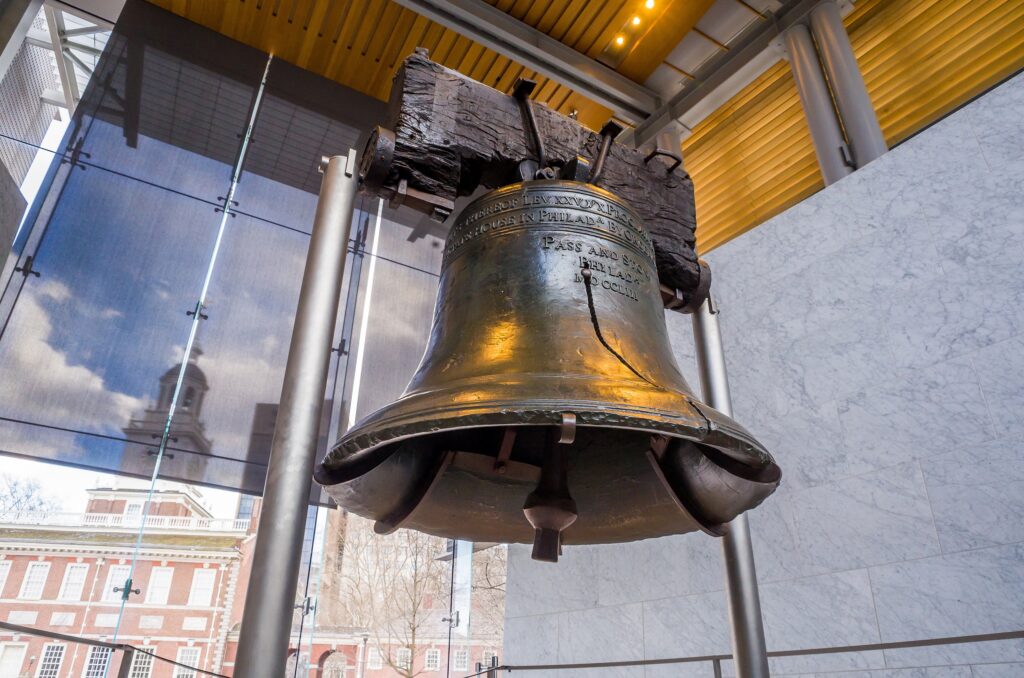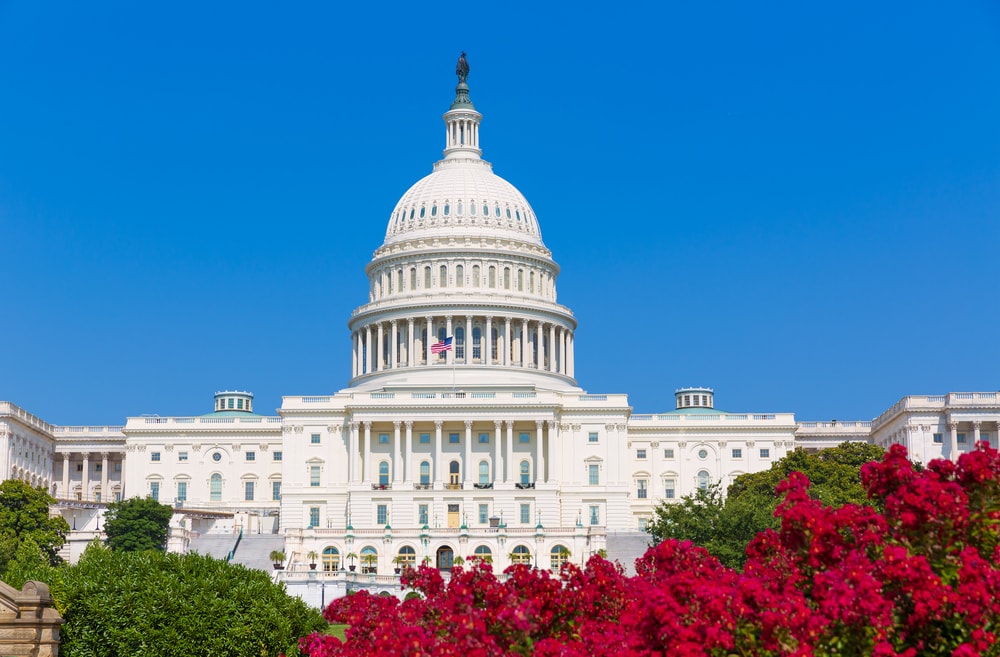Steel protectionism may start a trade war if Trump isn’t careful
In the wake of a long-awaited Commerce Department report finding that imported steel jeopardizes national security, it now falls on President Trump whether to invoke the enormous powers granted him under Section 232 of the Trade Expansion Act of 1962 to impose the department’s recommended remedies of tariffs and quotas.
Imposing any of the three recommendations would temporarily lift the domestic steel industry, but at the cost of devastating the broader economy and jeopardizing the ongoing economic expansion.
While steel unquestionably is vital to U.S. military superiority, the national security case for steel protectionism is exceedingly thin. Only about 3 percent of steel shipped domestically in 2016 was used for defense and national security purposes. Most of our major foreign steel suppliers are allies, and even a cursory examination of standing treaties makes clear that the United States would have no trouble sourcing foreign steel in case of a true emergency.
But the economic consequences of steel tariffs or quotas like the those proposed by the Commerce Department would be devastating, raising costs for consumers and hurt downstream domestic manufacturers.
According to 2015 Census data, steel mills employed about 140,000 Americans, while steel-consuming industries (including manufacturers who rely on steel imports) employ 6.5 million Americans. Unnecessarily raising the costs of steel-consuming industries will jeopardize far more jobs than could possibly be saved at steel mills. Indeed, those employed in manufacturing and construction are the types of blue-collar workers the president has promised to protect.
American families also would feel the effects of steel tariffs or quotas as increased costs on everyday items like automobiles. Perhaps that is why every living former chair of the Council of Economic Advisers wrote a letter to Trump urging him to avoid steel tariffs.
When the president was elected, he promised to “drain the swamp,” by which he presumably meant that he wanted to put an end to the crony capitalism that has plagued Washington for too long. It’s a classic tale where industries rise or fall not on their own merits, but due to their ability to bend the levers of government power to confer benefits on themselves or shield themselves from competition.
With more than 150 anti-dumping and countervailing duties, steel is already probably the most heavily protected domestic industry. It is, in short, the quintessential rent-seeker. Adding additional tariffs or quotas on top of those already on the books would further entrench the sort of swamp cronyism the president rightly claims to detest.
The administration already has invoked a different authority, Section 201 of the Trade Act of 1974, to issue “safeguard” protections for domestic companies that claim to be injured by certain imports: namely, washing machines and solar panels. But while safeguard protections expire after four years, tariffs or quotas issued under Section 232 have no time limit and there is no requirement to review whether the national security has changed. Given the power of the domestic steel lobby, it is not difficult to imagine Trump’s steel tariffs continuing on in perpetuity.
Embracing any of the Commerce Department’s recommendations also likely will mean foreign retaliation against American exports — ensnaring unrelated industries in a global tit-for-tat.
After the Section 232 investigation was announced, Jean Claude Juncker, president of the European Commission, warned that the EU would retaliate in a similar fashion against new steel import restrictions imposed by the United States. The European Union’s list of potential targets for retaliation was savvy politics; it included bourbon and dairy products, among other items. Bourbon, it should be noted, is a primary export from Kentucky, home of Senate Majority Leader Mitch McConnell, while dairy is a primary export from Wisconsin, home of House Speaker Paul Ryan. In other words, steel tariffs or quotas could trigger retaliation against American exports and cause a political headache for the White House.
While steel import restrictions may temporarily pad the domestic industry’s bottom line and even may create or save a small number of steel mill jobs, they will harm the industry over the long term by blunting the market’s signals. As a recent historical survey by the Cato Institute’s Scott Lincicome pointed out, protectionism levies enormous costs on the broader economy and almost always fails to revitalize the protected industry. This is primarily because protected companies do not reinvest their extra profits in technologies that improve their long-term competitiveness. In other words, protection-seekers often become stagnant, propped up artificially by government.
Buoyed by deregulation, tax cuts, stable inflation, and low interest rates, the economy is growing at a quick pace. But the threat of misguided trade policies, from steel protectionism to withdrawal from the North American Free Trade Agreement, could undo much of the progress made in recent years.
Steel protectionism may win the president plaudits from certain quarters ahead of the midterm elections, but a souring economy is the surest way to ensure defeat.









